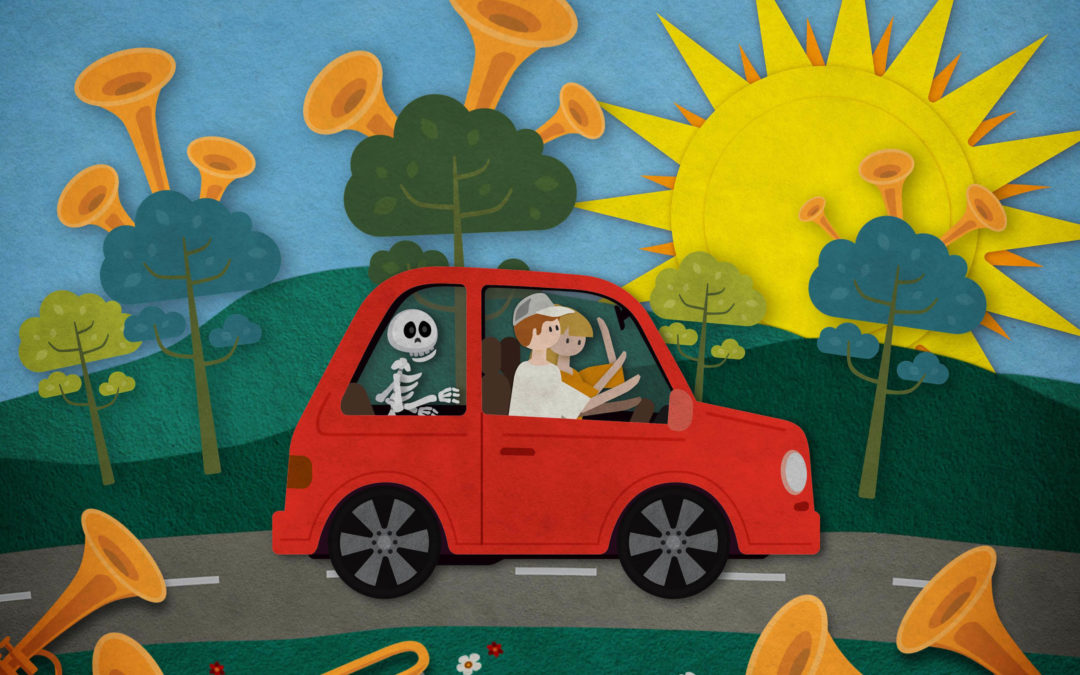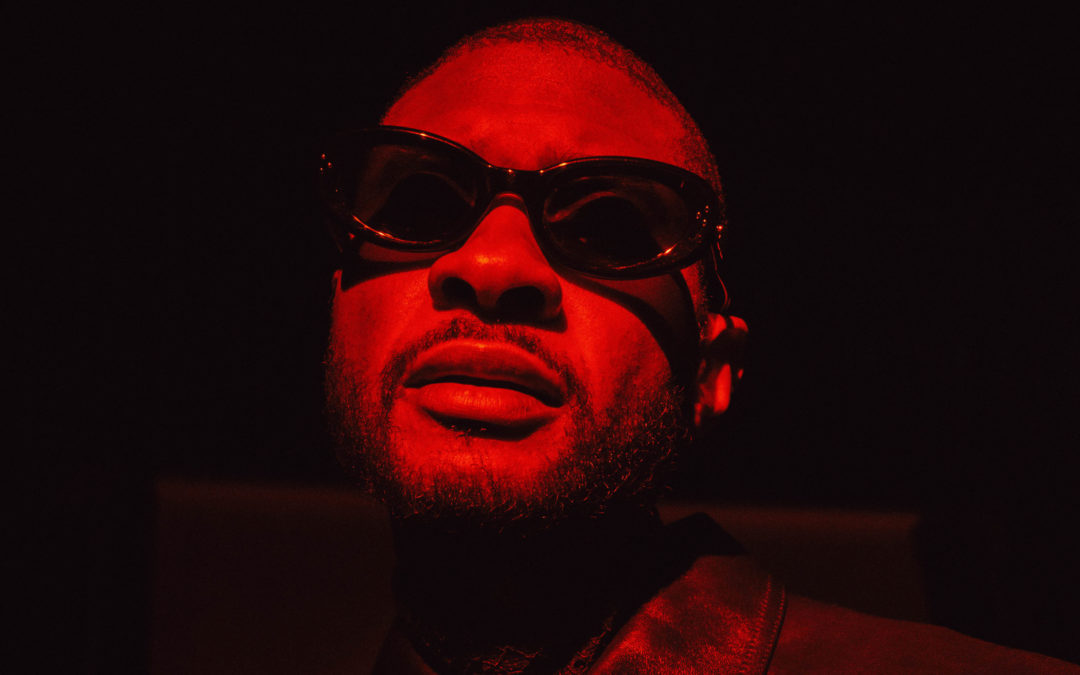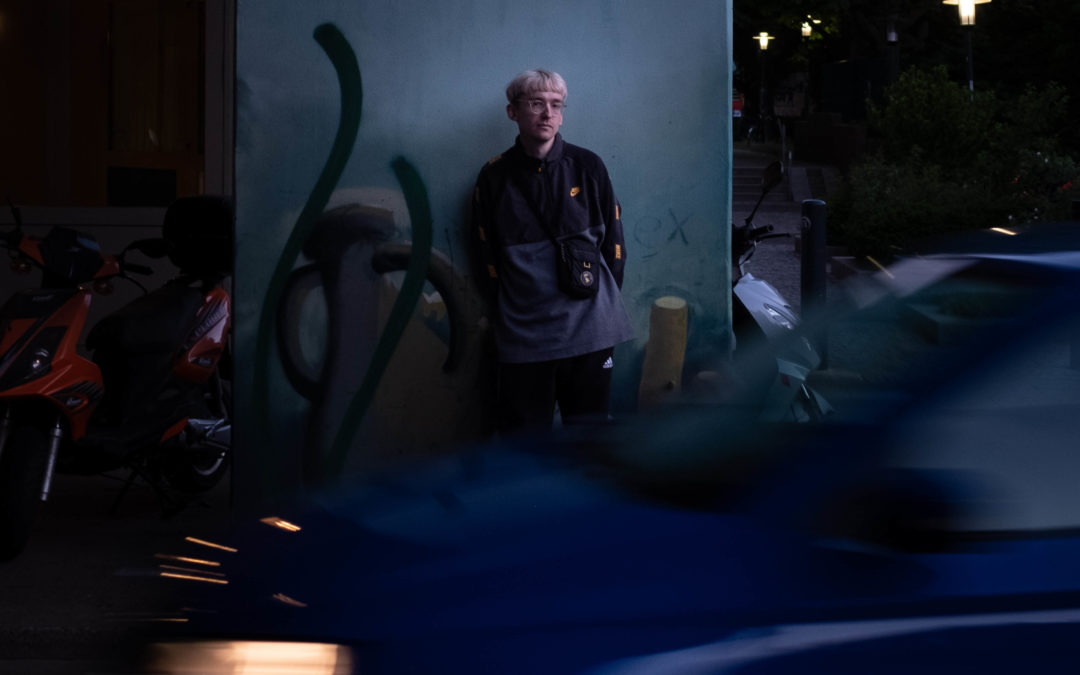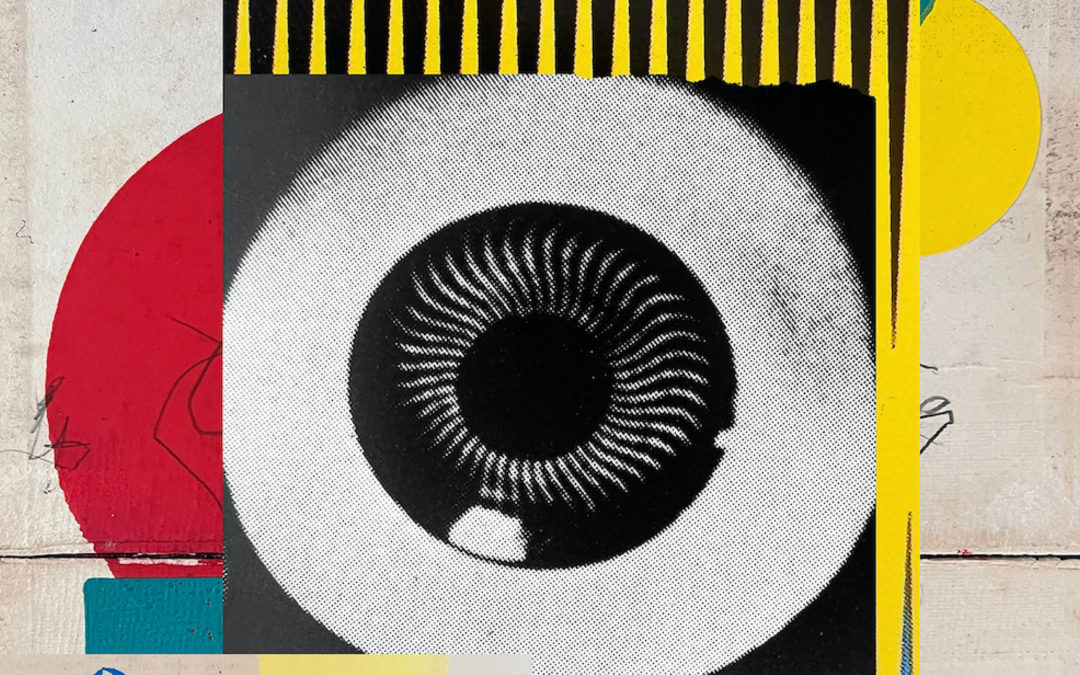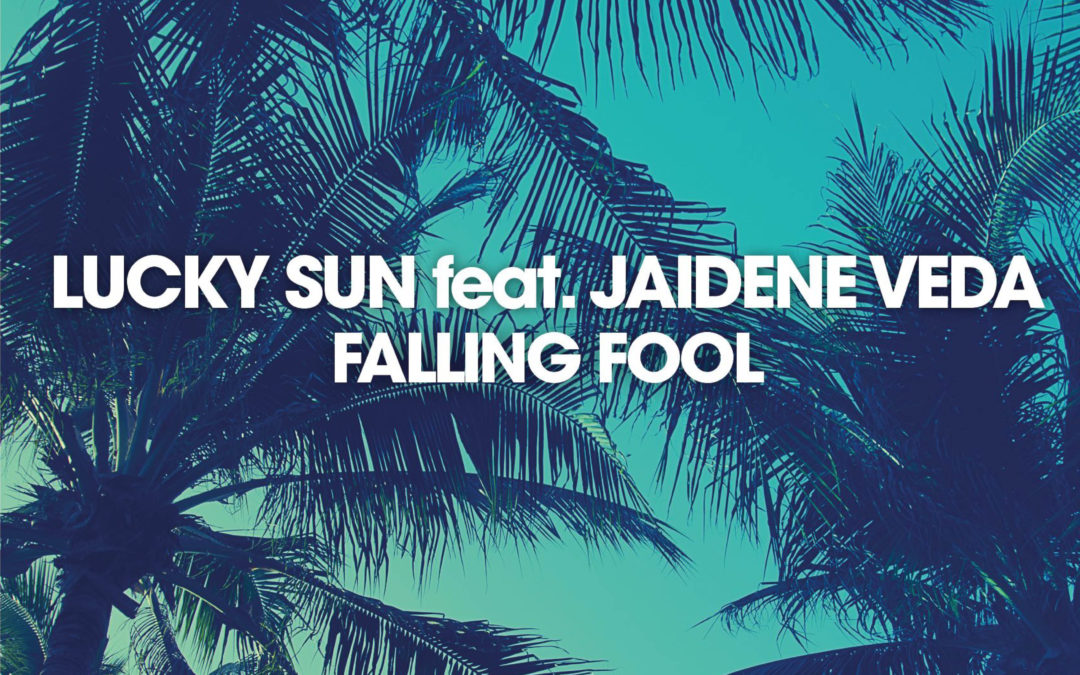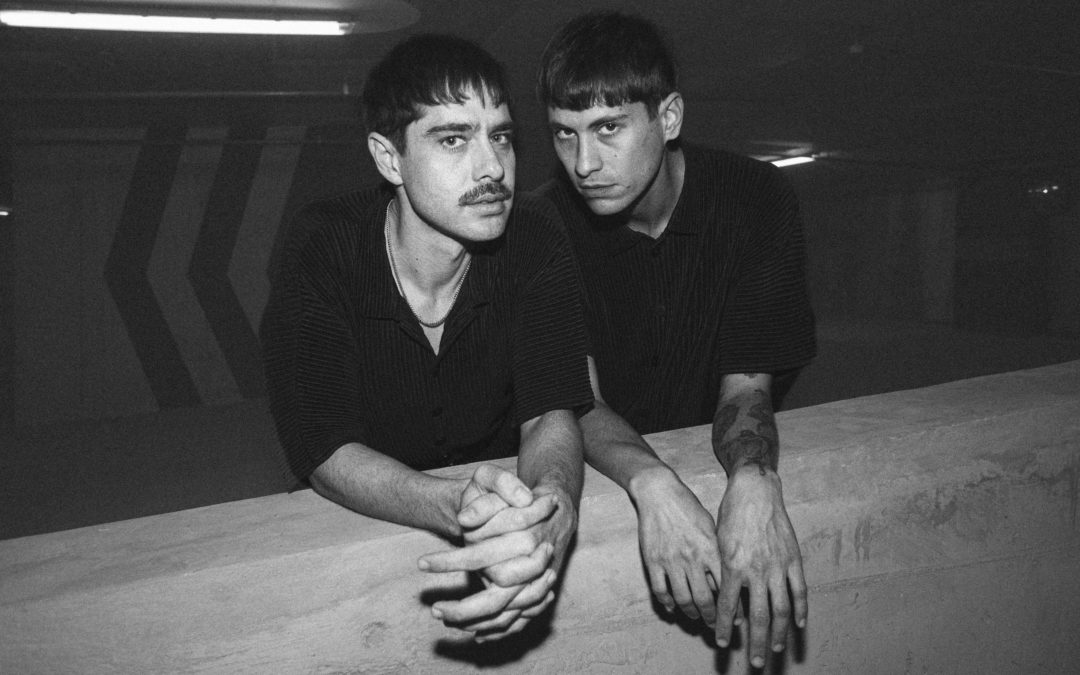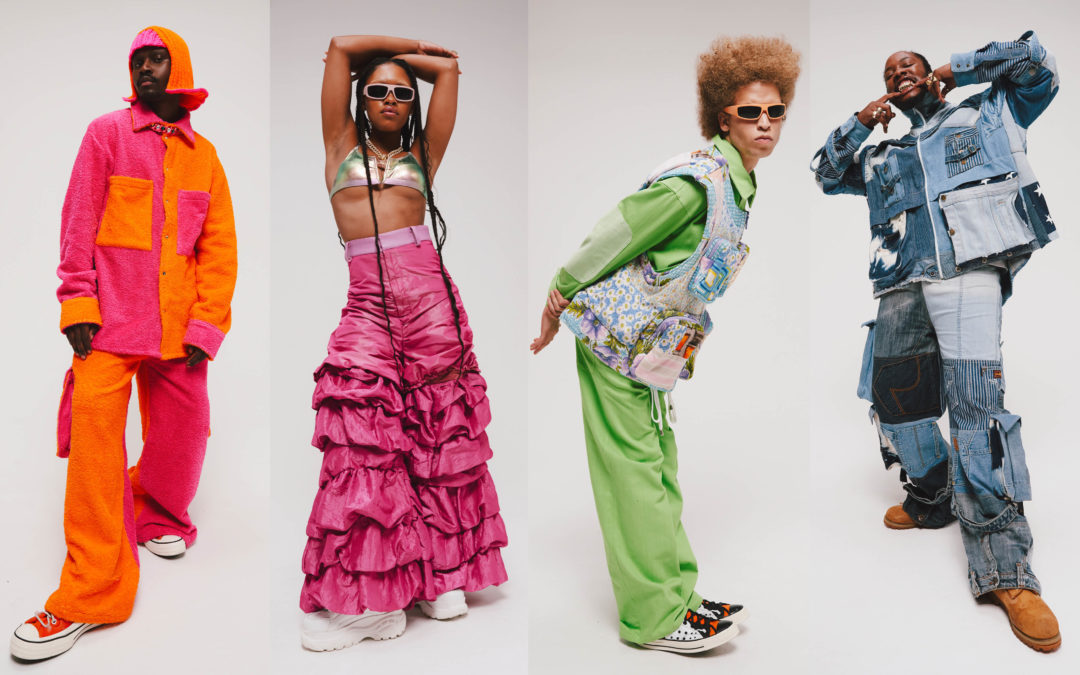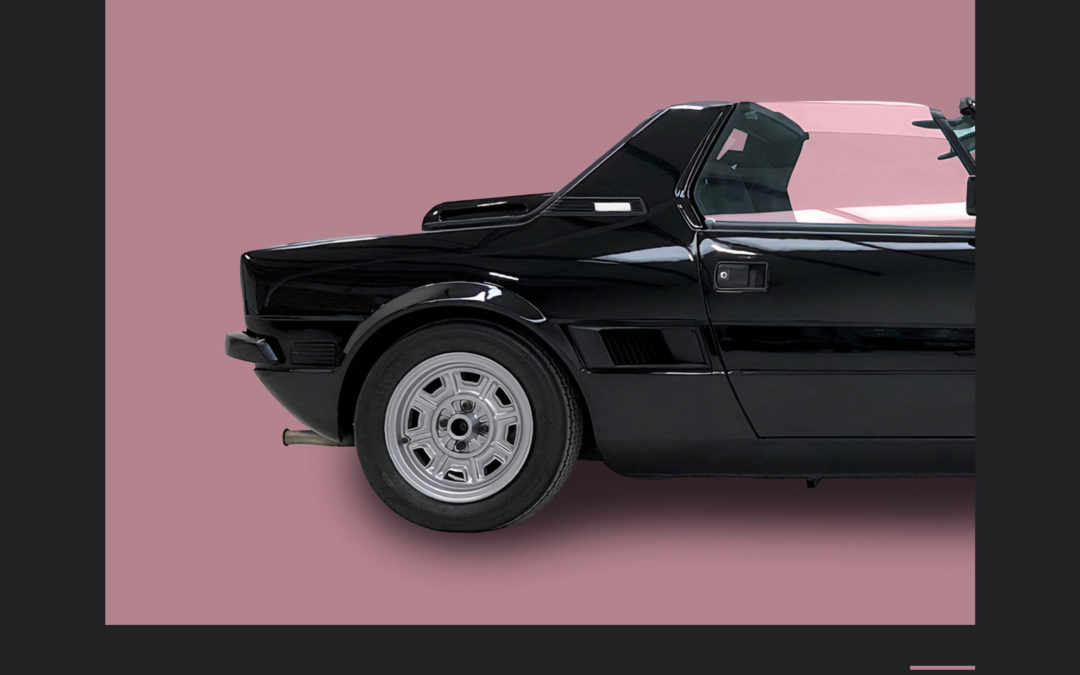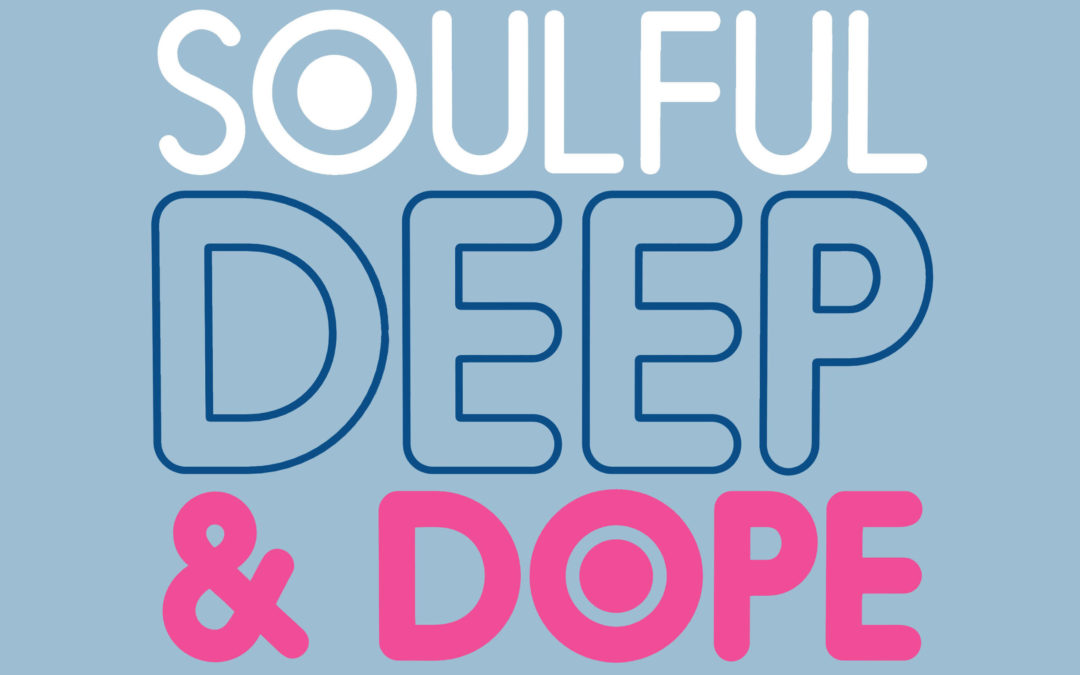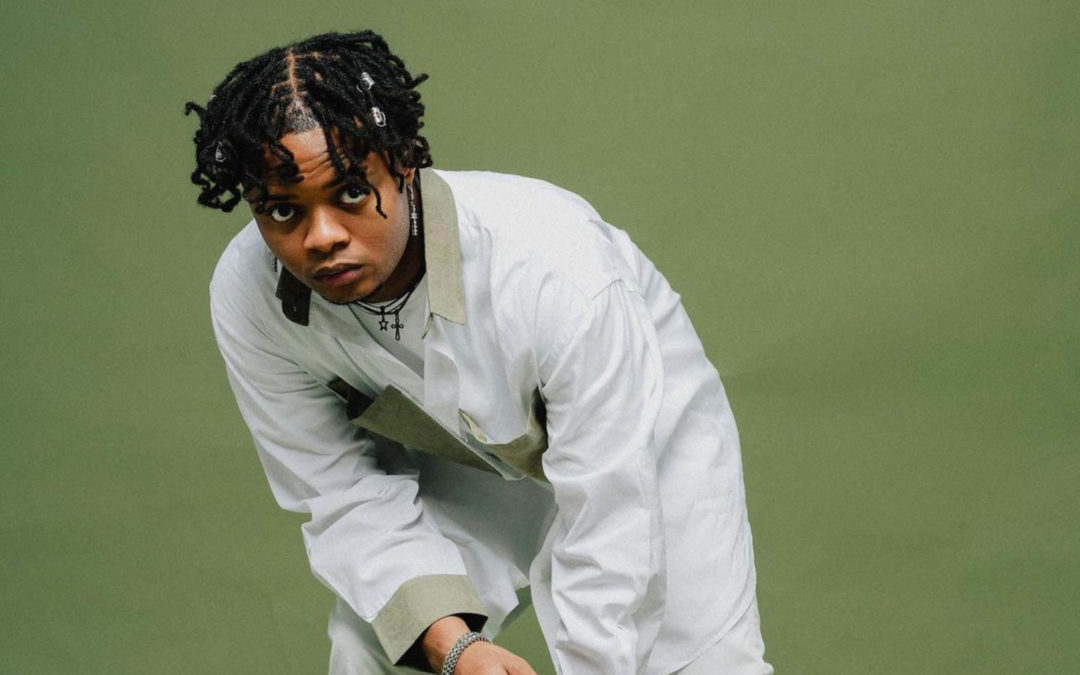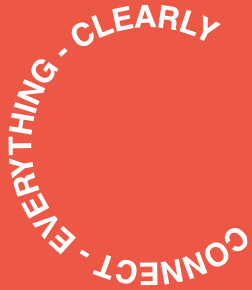You’re going to choose Pulp Fiction and feel good about yourself. The video store manager will look up from above her spectacles… when friends bring up Get Shorty you might scoff and say, “Umm…have you even seen Pulp Fiction?”
Well…my question is; have you even seen Nic Van Reenen?
This is the pedestal I place him on, even from the first moment I saw him up on stage. The front man and lead singer of Cape Town’s finest instrumental band: Bateleur (or so I had believed as I hadn’t yet known what an instrumental band was) headlining: Beautiful Losers – the coolest party I’d ever been to. Playing music, I didn’t quite know how to dance to or really fathom how it was being played on instruments much like my own. These six alternative rock gods (or were they indie?) towered over me as I pondered what genre had I stumbled upon and, who was their lead singer with the blue eyes? They simultaneously played intricate guitar lines to math-rock drum patterns.
I befriended him at the Waiting Room a few months later. After plucking the courage through a mutual friend’s ambivalence, I ceased waiting and asked him why Bateleur had recently taken a sabbatical. Somewhat surprised by the sudden journalistic outburst and know-how of the young man who had just entered the circle repeating his own name at him, he answered: “We’re just a bit tired, it’s good to take a break every once in a while, when you’re in a band”.
I was touched; this kind rock star had shed his wisdom on to me and I would take it and follow in his footsteps. I would tell the members of my own band we needed to take a break. A pity it was amidst the first month of forming the band and didn’t continue later, as I’m sure the ultimate demise of my own band might have played out differently had I actually listened.
Nic was really just telling me they were having a vacation but this is how I held him in stature, and “growing up” in the Cape Town music scene I was lucky enough to be privy to all of what was to come from my local idol. From Bateleur to Fever Trails to Ex Olympic and his audio production company, Field. Nic was both my idol turned friend and counterpart; actually we’re close enough friends to begin feeling quite embarrassed by the professing of this piece. Yet I, rest assured, not as embarrassed as he is.
I imagine he’s reading this article with a sunken knot in his stomach. ‘’Did he just compare me to Pulp Fiction? No no no…’’ Sighing at the inaccuracies I might have made, cursing at the approval, “I wasn’t the lead singer! We didn’t have one! Maybe there was some coo-ing but we never really sang”.
Nic is really just a passionate musicophile and son of a musician whom when joining the already founded Bateleur, (nameless at the time) happened to be the one standing front-middle during performances. He assures Bateleur never had a front man and were ultra-democratic. How he actually came to the band was through childhood friendship and not vast theoretical music prowess, rather relying on his ears and absorbing from a group of musicians he claims were a lot better than him.
It’s an unhappy bubble to burst and you’re probably now wondering what the greatest side hustle was at Rocking the Daisies in 2018?
Not to be pessimistic, that’s not the point of what I’m trying to say, and it’s not what Nic is saying either; when talking about Field.Audio;
“The great film directors are all directing commercials, it’s their bread and butter and the film projects are going to be passion projects, so it’s a great IN to work with some strong creative minds…you have a client you need to satisfy but everyone in the boiler room is trying to make something they care about, so it seems like a sort of vapid industry… but I’ve felt like creatives really give it their all and always try make something special because this is one of the creative platforms we have, that is advertising”
Field.Audio has scored for publications and brands such as Nowness, Adidas, Nike and more. A good example of the symmetry in his work with advertising and film are recent collaborations with Cape Town film-maker Talya Galasko and notably her recent short film ‘Voicenote’ for Hope Guardians.
In the world of the modern-day recording artist, which Nic certainly is, one can imagine everyone to be the proverbial client in need of satisfying. Otherwise, who else are you making music for? This is an argument that weighs heavily on the more introverted songwriter, wondering if this was all just for him? Why record it. Who, in battling the sea of content commitments, opts to rather write a body of work as opposed to the single. As his predecessors did before him and what the work in which it was influenced by is to pay homage – knowing well that although the term ‘record’ was once referred to as an album (thanks to streaming) it is now used to described a single.
Ex Olympic’s debut album ‘XO’ further instills Nic into the pathway of teacher for the modern musician, navigating these industry pitfalls through social-media-savvy creative campaigns and strong visual merchandising for tracks. Creating ‘Micro Music Videos’ and ‘Visualizer Loops‘ that all live within the same ethereal landscapes – a world for which Ex Olympic is to live and the audience to participate.
Before his modesty bins this article altogether, let’s attribute this acute content and album release planning of ‘XO’ to his distributor Danilo Queiros at his recently-signed-to Record Label, Platoon.
“Danilo was the one who actually said ‘people don’t really watch whole music video? Just make one-minute things?”…for longevity reasons, which couldn’t’t have been more brilliant advice looking back. We all have very short attention spans…you’re going to see something once as you scroll through your timeline and it’s probably not going to come up again. So firstly it really needs to make an impression and if it hasn’t made an impression you’ve lost that person, so this idea of quantity really helps … as well as spacing it over a really long time. It was way more time than I was comfortable with, but I think it was a very good strategy.”
With this strategy in hand, Nic was tasked with creating these visual landscapes to run parallel with ‘XO’ with close friends Jarred Figgins and Kent Andreasen.
“I’m not a visual artist, I do often have a visual parallel to what I’m hearing in my music, something I’ve never really been able to execute myself. I went to them with a few rough ideas, like being really into tarot lately and loving the imagery of these cards and what they represent, wanting to try get cryptic snapshots that say very little and also lend themselves to interpretation. There’s an ellipsis on the end of the film, like where did this start and where is it going? This lends itself more to audience participation”.
This begs the question – should we, as artists, be asking ourselves; for what purpose is the music video made? Is it just advertising for the music? With the turning of the century and the death of music television, I start to wonder where the music video is to even supposed to go? Should we all be adapting to shorter content spread over duration? Play the algorithm?
Or, are you a purist? And if so? Is your neighbour down the street one too? Do we even care?
Many creatives would credit the music video to a medium in itself and if so, has the popularity of the said medium met its end and is it one worth preserving? The Grammy award winning album has been won in the bedroom by the individual. I’m lost to even admit what trophy it is that’s awarded to the modern music video. What do we base a music video’s success on when the view on YouTube can be bought or not? If we are creating visual art, is it worth the artists financial commitments to a four-minute-long video or should we rather be following in Ex Olympics footsteps and creating ethereal landscapes; ‘the bigger picture’ so to speak, from short form web content that embodies the body of work as a whole. In doing so, are we not fighting the good fight and returning to the promotion of the album as a body of work that speaks of more than just one topic?
Enough of the single falling into playlists of the same nature, in which every band you know sounds like every other band you know, based on the radio content that you follow. These are pertinent questions to ponder.
Written by: Nic Preen


